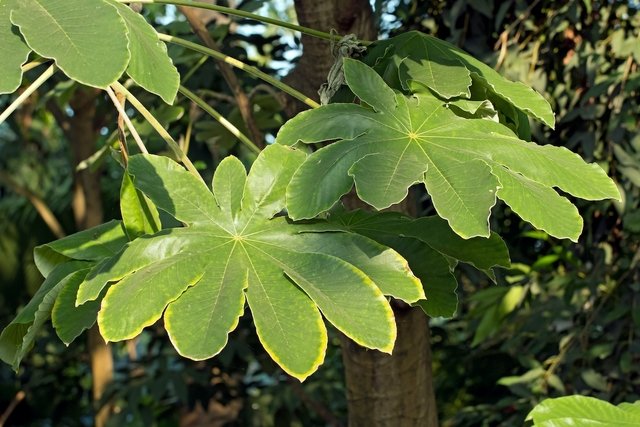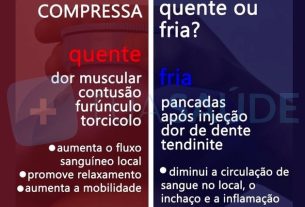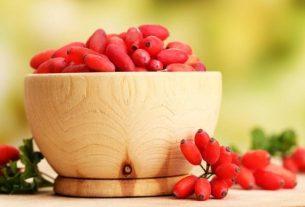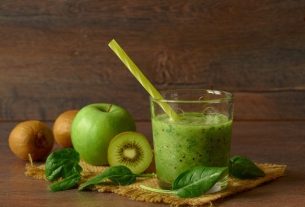Embaúba is a medicinal plant, of the species Cecropia peltatarich in alkaloids, flavonoids, tannins and cardiotonic glycosides, which guarantees diuretic, vasodilatory, anti-inflammatory and hypoglycemic properties, and is therefore popularly used to treat high blood pressure, diabetes or asthma.
The normally used part of the embaúba, which is also known as the sloth tree or imbaiba, are the leaves for preparing tea. Furthermore, the fruit or embaúba fruit can be consumed as they are rich in fiber, which can help combat constipation.
Embaúba leaves and fruits can be found in health food stores or compounding pharmacies, and it is important that their consumption is recommended in accordance with the recommendation of the doctor or herbalist.

What is it for
Embaúba has diuretic, vasodilatory, anti-inflammatory, healing, antiseptic, hypoglycemic, expectorant, sedative and hypotensive properties, and is normally indicated for:
- High pressure;
- Tachycardia;
- Heart diseases;
- Cough;
- Asma;
- Bronchitis;
- Sore throat;
- Tuberculosis;
- Whooping cough;
- Skin wounds;
- Dysentery;
- Albuminuria;
- Kidney infection;
- Nervous disorders;
- Toothache.
Furthermore, embaúba has a hypoglycemic action due to the chlorogenic acid in its composition, and may also be indicated to help treat diabetes.
Although it has health benefits, more studies are still needed to prove the benefits of embaúba, as well as its side effects. Therefore, the use of this medicinal plant should only be done with the guidance of a doctor or herbalist.
Furthermore, it is important to emphasize that the use of embaúba does not replace medical treatment with medication.
How to use
All parts of the embaúba can be used to prepare juices or teas. However, it is more common to use the dried leaves from which substances with medicinal properties are extracted and can be found in health food stores.
1. Embaúba tea
Embaúba tea can be prepared with the dried leaves of this medicinal plant, or with the powder of the leaves, found in health food stores.
Ingredients
- A handful of dry embaúba leaves, or 1 teaspoon of embaúba leaf powder;
- 1 cup of water.
Preparation mode
Put the water on the fire and let it boil. Then turn off the heat and add water to a cup. Add the embaúba leaves or leaf powder to a cup of boiling water and leave for about 5 minutes. If using the leaves, strain the tea. Then wait for it to cool down and drink a cup 2 to 3 times a day.
Furthermore, embaúba tea can be used to make compresses, to apply to skin with wounds that are not bleeding or open.
2. Embaúba juice
Embaúba juice must be prepared with the dried leaves and can be used for coughs, asthma or bronchitis, for example.
Ingredients
- 1 to 2 teaspoons of dried embaúba leaves;
- 1 glass of water (250 mL).
Preparation mode
Blend everything in a blender and drink immediately. It is recommended to take 1 glass of juice up to 2 times a day.
Possible side effects
Embaúba is considered safe when used in recommended quantities. However, when consumed in excess, it can cause an excessive decrease in blood pressure.
Furthermore, this medicinal plant can cause miscarriage or malformations in the baby and should not be used during pregnancy.
The use of embaúba should only be done under medical advice or from a healthcare professional with experience in medicinal plants.
Who shouldn’t use
Embaúba should not be used by children or pregnant or breastfeeding women, as it is not yet known whether this plant could have effects during pregnancy or have any consequences for the baby.
Furthermore, it should not be used by people who have low blood pressure or who are allergic to embaúba.
Bibliography
- COSTA, GM; et al. Chemical and Pharmacological Aspects of the Genus Cecropia. Natural Product Communications. 6. 6; 913-920, 2011
- RIVERA-MONDRAGÓN, A.; et al. Selection of chemical markers for the quality control of medicinal plants of the genus Cecropia. Pharm Biol. 55. 1; 1500–1512, 2017
- PARISI, Ana Paula M.; SILVA, Daniela; CAMARGO, Ely Eduardo S. Pharmacognostic study of Cecropia pachystachya – Embaúba. Rev. Saberes UNIJIPA. Vol 10. 3 ed; 2018
- Ramos, TJN; Lameira, OA; Silva, MSM; Müller, RCS; Faial, KCF; Lima, MO Evaluation of the Mineral Composition of Embaúba Leaves and Teas (Cecropia palmata Willd. and Cecropia obtusa Trécul.) by Inductively Coupled Plasma Optical Emission Spectrometry (ICP-OES) . Rev. Virtual Quim. Vol 9. 6 ed; 2414-2426, 2017

Sign up for our newsletter and stay up to date with exclusive news
that can transform your routine!
Warning: Undefined array key "title" in /home/storelat/public_html/wp-content/plugins/link-whisper-premium/templates/frontend/related-posts.php on line 12
Warning: Undefined array key "title_tag" in /home/storelat/public_html/wp-content/plugins/link-whisper-premium/templates/frontend/related-posts.php on line 13



